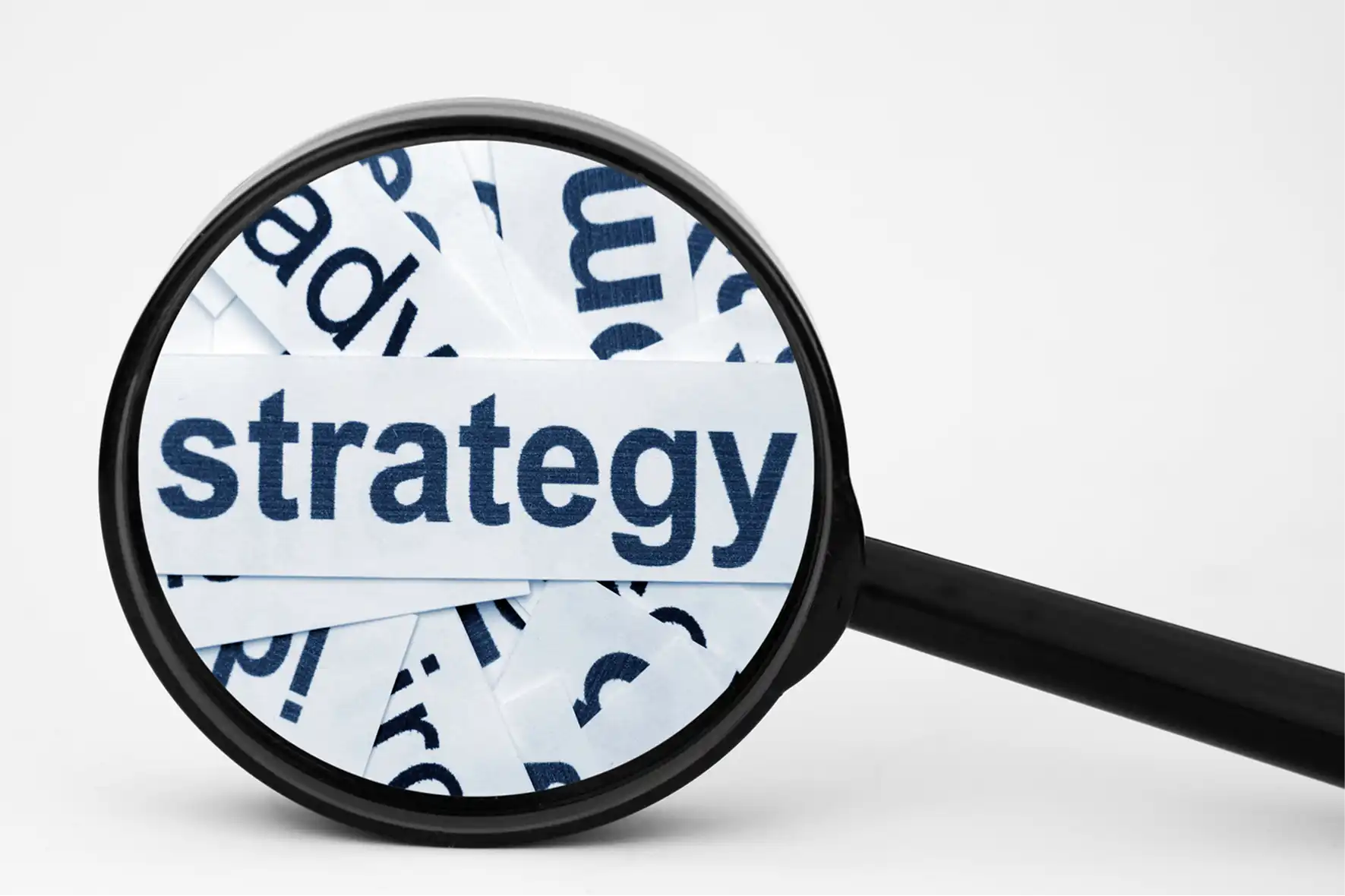How Digital Marketing is Evolving in 2025
The world of digital marketing is ever-changing. With the rapid advancement of technology, the tactics and tools used by marketers must constantly evolve. As we step into 2025, the digital landscape is more dynamic than ever before, presenting both new opportunities and challenges for businesses striving to stay ahead of the curve. In this blog, we’ll dive into the key trends and shifts that are shaping the future of digital marketing in 2025.
1. AI and Automation Drive Personalization
Artificial Intelligence (AI) has already started revolutionizing digital marketing, but by 2025, it will be deeply ingrained in every strategy. AI tools will help marketers create highly personalized experiences for their audience by predicting customer behavior, automating content creation, and offering smarter ad placements.
- Chatbots and Conversational Marketing: As AI-powered chatbots become more sophisticated, they will offer real-time, personalized customer support. Conversational marketing will become the norm, as brands use chatbots to engage customers in meaningful ways.
- Personalized Content: Marketers will increasingly leverage AI to create individualized content experiences based on user preferences and browsing behaviors, leading to higher engagement and conversions.
2. Voice Search and Smart Devices Become the Norm
With the rise of voice assistants like Alexa, Google Assistant, and Siri, voice search is growing at an exponential rate. By 2025, voice-activated devices will become even more integrated into our daily lives, and voice search optimization will be critical for businesses to ensure they remain visible to consumers.
- Long-tail Keywords and Natural Language: As people speak more conversationally with voice search, marketers will need to optimize content for longer, natural-sounding search queries.
- Voice Commerce: Voice search is no longer limited to finding information; it’s now being used for shopping. Brands that optimize for voice commerce will be ahead of the game, allowing customers to purchase products through simple voice commands.
3. Video Marketing Will Continue to Dominate
Video marketing has proven to be one of the most effective ways to engage audiences, and this trend is only growing. By 2025, video content will continue to evolve, with more immersive and interactive formats taking center stage.
- Interactive Videos: In 2025, we’ll see an increase in interactive video content, where viewers can click, choose paths, or even purchase products directly from the video.
- Live Streaming and Shoppable Videos: Platforms like Instagram, Facebook, and YouTube will continue to enhance their live-streaming features, making real-time engagement even more powerful for businesses. Shoppable videos will make it easier for consumers to purchase products without leaving the platform, leading to better conversion rates.
4. The Rise of Augmented Reality (AR) and Virtual Reality (VR)
Augmented Reality (AR) and Virtual Reality (VR) are changing how consumers experience products and brands. In 2025, we will see a greater integration of AR and VR in digital marketing campaigns, providing more immersive experiences.
- AR in Retail: Brands will use AR to allow customers to virtually try on products before making a purchase. For example, fashion retailers might offer virtual try-ons for clothing, makeup, or accessories, allowing customers to see how products will look on them before committing to a sale.
- VR Experiences: Virtual reality will allow customers to interact with brands in fully immersive virtual environments. For instance, real estate companies could offer virtual tours of homes, and automotive brands may let customers “test drive” cars in a virtual space.
5. Data Privacy and Consumer Trust Will Be a Priority
As data privacy becomes a growing concern for consumers, businesses will need to prioritize transparent practices in how they collect and use customer data. By 2025, stricter regulations on data privacy, such as GDPR, will be the norm, and customers will be more selective about sharing their personal information.
- Transparent Data Collection: Brands will be required to be more transparent with consumers about how their data is being used and offer better control over their personal information.
- Customer Trust: With increasing concerns about digital security, businesses that prioritize customer trust through transparent practices will gain a competitive edge, creating long-term loyalty.

Conclusion
The digital marketing landscape in 2025 will be defined by advanced technologies, a focus on consumer trust, and a greater emphasis on personalized, immersive experiences. Brands that can leverage AI, AR, VR, voice search, and other emerging trends will have a competitive advantage. To stay ahead, businesses must evolve with the times, adopt innovative strategies, and most importantly, continue to put their customers at the heart of everything they do.





